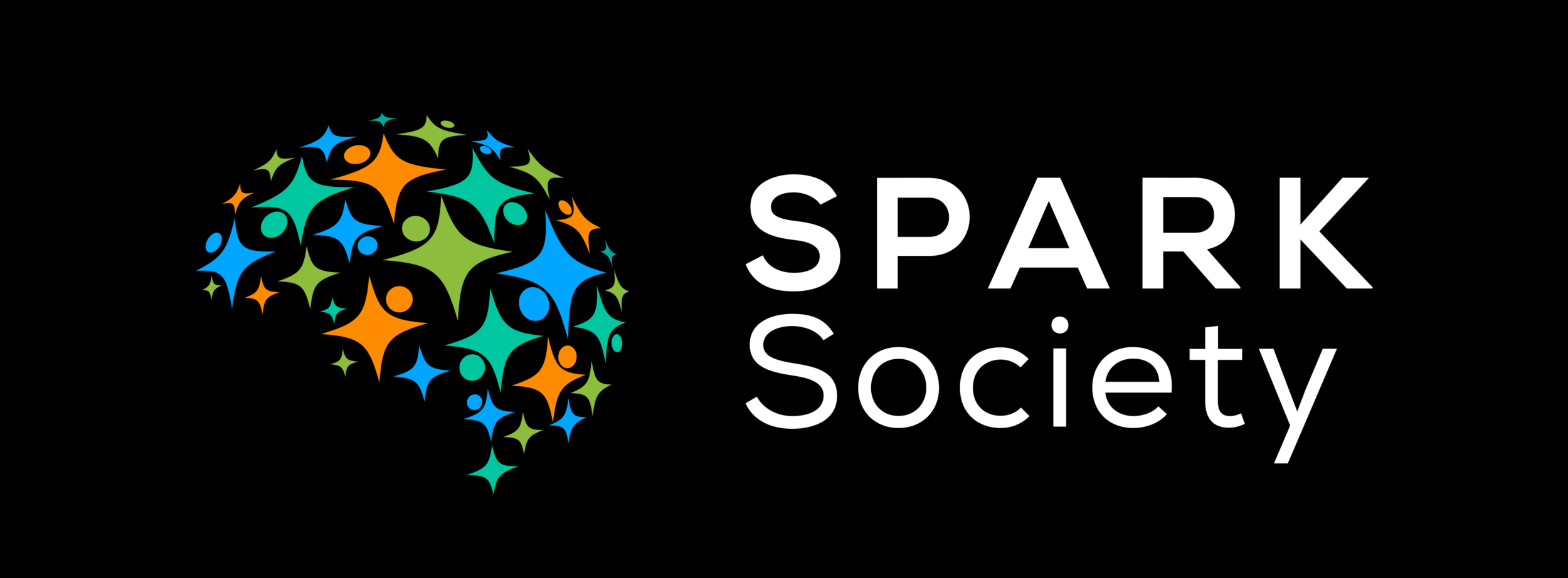National Science Foundation - Behavioral Scientist (Program Directors for Cult Anth; Bio Anth; HEGS; Ling; and CogNeuro)
Link: https://www.usajobs.gov/job/698071400
Duties
BCS is responsible for the support of fundamental research in all behavioral and cognitive science fields. The Division is composed of standing programs in the Anthropological and Geographic Sciences, as well as the Cognitive, Psychological, and Language Sciences.
The BCS Division welcomes applications from experts with experience in basic research who can help shape, invigorate, and manage the following funding programs:
Cultural Anthropology: The primary objective of the Cultural Anthropology Program is to support fundamental, systematic anthropological research and training to increase understanding of the causes, consequences, and complexities of human social and cultural variability. The Cultural Anthropology Program welcomes proposals from researchers in all sub-fields of cultural anthropology and research at any temporal and spatial scale. Methodologies and approaches employed may include ethnographic field research, surveys, remote sensing, the collection of bio-markers, experimental research inside or outside of laboratory settings, archival research, the analysis of materials collections and extant data bases, mathematical and computational modeling, and other research tools as appropriate for the research proposed. The overarching research goals should be to produce empirically grounded findings that will be generalizable beyond particular case studies and contribute to building a more robust anthropological science of human society and culture.
Biological Anthropology: The Biological Anthropology Program seeks to advance scientific knowledge about the processes that have shaped biological diversity in living and fossil humans and their primate relatives through support of basic research on human and primate evolution, biological variation, and interactions between biology, behavior and culture. The program supports a portfolio of research that demonstrates engagement with biological anthropological and evolutionary theory; includes diverse and interdisciplinary methods in field, laboratory and computational settings; encompasses multiple levels of analysis (e.g., molecular, organismal, population, ecosystem) and time scales from the short-term to evolutionary; and considers the ethical implications and societal impacts of the research.
Human-Environment and Geographical Sciences Program: The objective of the Human-Environment and Geographical Sciences Program is to support basic scientific research about the nature, causes and/or consequences of the spatial distribution of human activity and/or environmental processes across a range of scales. Contemporary geographical research is an arena in which diverse research traditions and methodologies are valid. Recognizing the breadth of the field's contributions to science, the HEGS Program welcomes proposals for empirically grounded, theoretically engaged, and methodologically sophisticated, generalizable research in all sub-fields of geographical and spatial sciences.
Linguistics: The Linguistics Program supports basic science in the domain of human language, encompassing investigations of the grammatical properties of individual human languages and of natural language in general. The Linguistics program also supports projects to develop language infrastructure and advance scientific and scholarly knowledge concerning human languages. The program encourages projects that are interdisciplinary in theoretical perspective and/or methodological approach, and that address questions that cross disciplinary boundaries.
Cognitive Neurosciences: The CogNeuro program supports research aimed at increasing understanding of the neural mechanisms of human cognition, including attention, learning, memory, decision making, language, social cognition and emotions.
The responsibilities of NSF Program Directors are dynamic and constantly evolve. However, fundamental tasks include the administration of the merit review process and proposal recommendations, program budget administration, participation in strategic planning for the program, division, directorate, and agency, the preparation of public-facing materials highlighting advances in the research supported, as well as coordination with related programs in NSF or in other agencies and organizations.
The Program Director is guided by the goals of NSF's Strategic Plan: (1) enable the United States to uphold a position of world leadership in all aspects of science, mathematics, and engineering, (2) promote the discovery, integration, dissemination, and employment of new knowledge in service to society, and (3) achieve excellence in U.S. science, mathematics, engineering, and technology education at all levels. The core strategies NSF staff employ include developing intellectual capital, strengthening the physical infrastructure, integrating research and education, and promoting partnerships.
